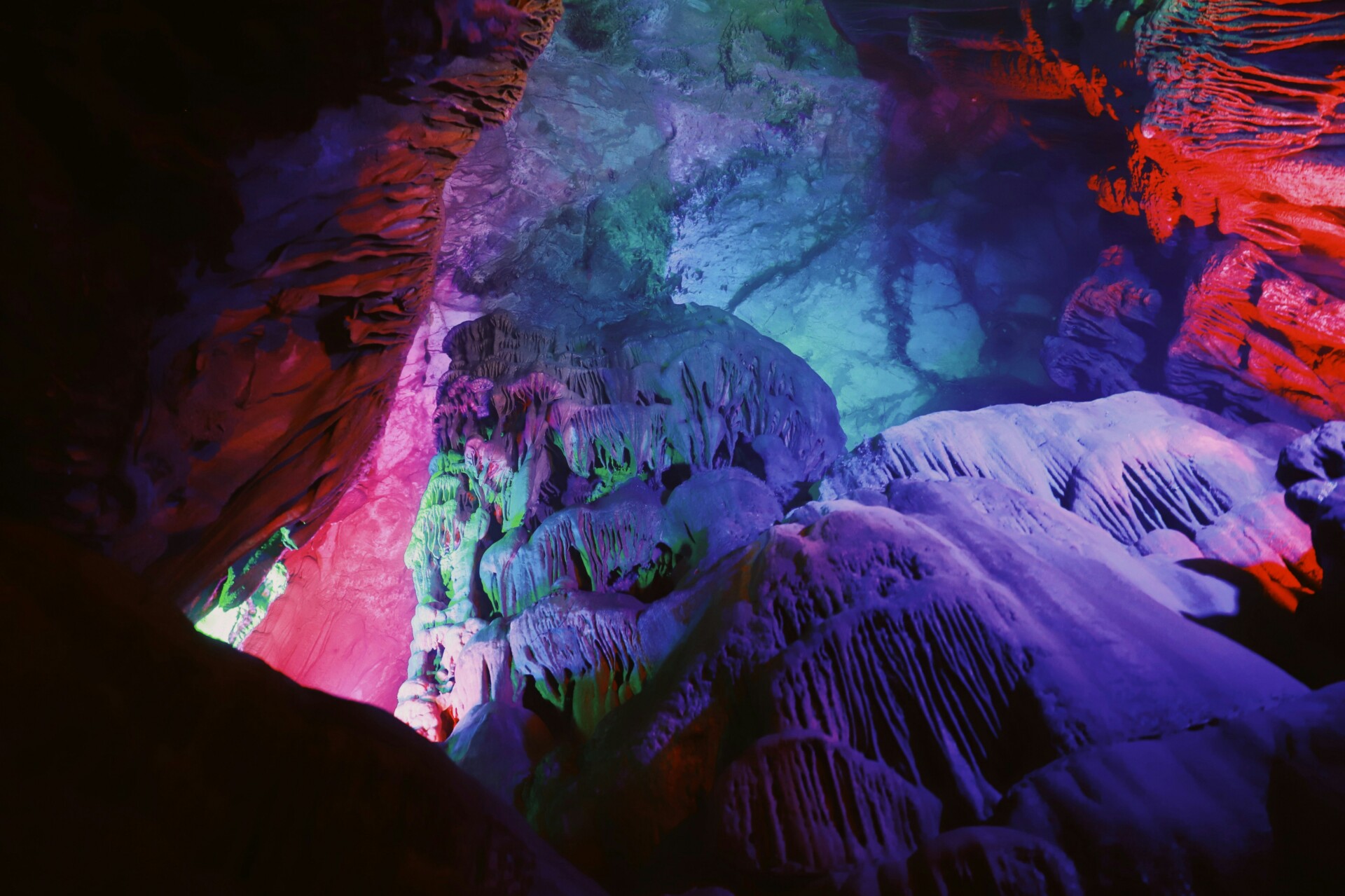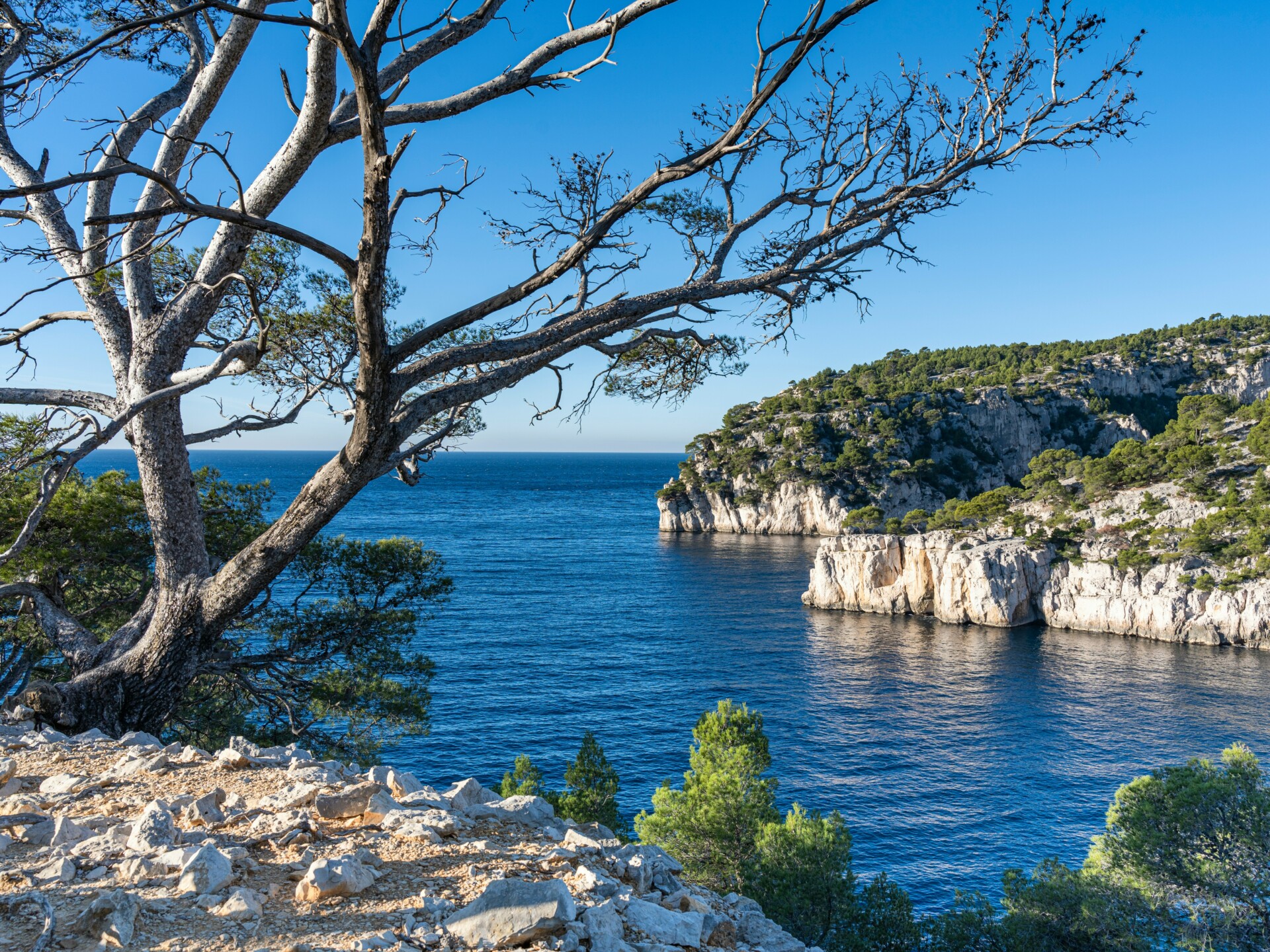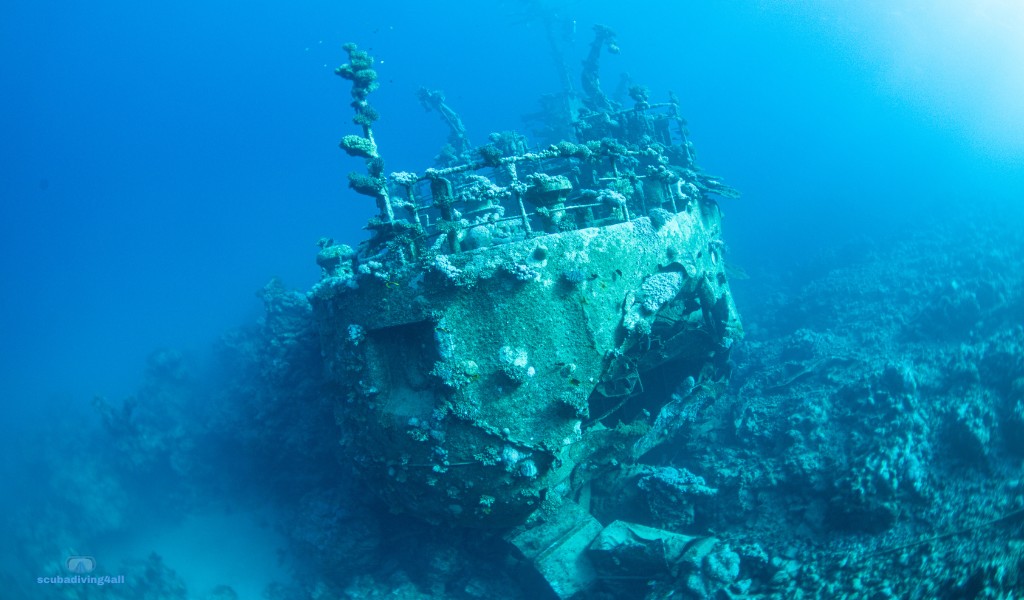Diving in Brittany, France
Brittany, a region in France, offers some remarkable dive experiences, especially in the city of Brest. Known for its rich maritime history, Brest serves as a fantastic base for divers looking to explore underwater shipwrecks and natural sites.
Dive Sites in Brest
Brest is renowned for its impressive combination of shipwreck and natural escarpment dive sites. One of the notable wrecks in this area is the Swansea Vale, a British freighter that sank in 1918. It rests approximately 30 meters (98 feet) underwater, at the entrance to the gully of Brest Harbour. Divers will find a variety of marine life and geological formations around this wreck, making it a popular dive site.
| Dive Site | Type | Depth (meters) | Description |
|---|---|---|---|
| Swansea Vale | Wreck | 30 | British freighter sunk in 1918, rich marine life. |
| Natural Escarpment | Natural Formation | Varies | Stunning underwater landscapes, diverse ecology. |
Cost of Diving in Brest
The cost of diving in the Brest area typically ranges from 80€ to 100€ per session through local dive shops. This price generally includes the necessary services such as boat transport, two dives, tanks, and weights. However, additional equipment rental may incur extra costs depending on the specific shop.
| Cost Component | Estimated Price (€) |
|---|---|
| Boat transport | Included in dive cost |
| Two dives | Included in dive cost |
| Tanks and weights | Included in dive cost |
| Equipment Rental (if needed) | Variable |
The peak season for diving in Brittany spans from May to October, when most dive shops are operational daily. During the winter months, diving activities significantly decrease, and divers should plan their trips accordingly. For those interested in diving packages, check out our section on diving packages in france.
Remember that diving in France comes with strict regulations. Divers must present certification, dive insurance, a logbook, and a recent doctor’s note confirming their fitness to dive. Non-compliance may lead to refusal from dive shops due to liability concerns (DiveBuddies4Life). For further details regarding regulations, refer to our article on diving conditions in france.
Diving Regulations in France
Understanding the regulations governing scuba diving is crucial for divers planning their next holiday in France. Compliance with these rules ensures a safe and enjoyable diving experience.
Requirements for Divers
Diving in France is regulated with specific requirements that every diver must adhere to. To participate in diving activities, individuals must present the following documents:
| Requirement | Description |
|---|---|
| Dive Certification | Proof of diver qualification from a recognised organisation. |
| Dive Insurance | Coverage suitable for diving activities to protect against any unforeseen incidents. |
| Logbook | A documented record of past dives, demonstrating experience and skills. |
| Doctor’s Note | A fitness statement from a physician, dated within the year, confirming the individual’s suitability for diving. |
Non-compliance with these requirements can lead to dive shops refusing to take divers out, primarily due to liabilities associated with safety (DiveBuddies4Life). Divers should plan ahead to ensure they have all necessary documents readily available.
Compliance and Liabilities
Diving centres in France take compliance very seriously due to the associated risks of underwater activities. The legal framework mandates that divers present complete documentation before engaging in diving. This not only protects the diver but also the dive shop from potential liabilities stemming from accidents or health-related events during dives.
Failure to comply with regulations may result in divers being denied access to diving experiences. Dive shops implement these rules to maintain safety standards and ensure that all divers have the necessary knowledge and skills for safe diving practices.
For those interested in more advanced options or packages, it is advisable to explore diving packages in France that meet these regulatory requirements and enhance the diving experience while ensuring safety compliance.
TDI Intro to Cave Course
The TDI Intro to Cave Course presents a unique opportunity for divers to expand their skills and explore the fascinating underwater world of caves. This introductory course lays the foundation for safe and enjoyable cave diving experiences in France.
Course Prerequisites
Before enrolling in the TDI Intro to Cave Course, participants must meet specific eligibility criteria. Understanding these prerequisites is crucial for ensuring a safe learning environment.
| Requirement | Details |
|---|---|
| Age | Must be at least 18 years old |
| Dive Experience | Minimum of 60 logged dives |
| Certifications | TDI Intro to Tec or similar equipment configurations |
| Additional Certification | TDI Cavern Diver certification |
Once these requirements are met, participants are equipped with the foundational knowledge necessary for cave diving. The course is designed to build upon this foundation, covering aspects such as dive theory, cave geology, physiology, and dive planning.
Course Exploration Sites
The TDI Intro to Cave Course allows divers to experience various exploration sites that showcase the beauty and complexity of underwater caves in France. Diving at these sites contributes to the practical application of skills learned during the course.
| Exploration Site | Unique Features |
|---|---|
| Ponderosa’s River Run | Stunning halocline and beautiful entrances |
| Little Joe Line | Excellent training visibility and depth |
| Tajma Ha’s Mainline | Features the Room of Reflections |
These sites offer diverse experiences for divers, including opportunities to practice essential skills such as line following procedures and safety protocols. The course also emphasizes practical drills, including practices using safety spools and lost buddy search protocols (Under The Jungle).
For those planning their next dive holiday in France and eager to enhance their cave diving capabilities, this course serves as an excellent starting point. Reservations and inquiries can be made via social media platforms, ensuring easy access to this exciting experience. Interested divers may also look into related topics, such as advanced diving in France or diving conditions in France, to further enrich their adventure.
TDI Full Cave Diver Course
The TDI Full Cave Diver Course is designed for divers looking to expand their skills in cave environments. This course covers advanced techniques necessary for navigating complex underwater cave systems safely.
Skill Development
During the TDI Full Cave Diver Course, participants acquire essential skills that enhance their capabilities in cave diving. Skills include planning and executing dives that involve complex navigation, executing air-sharing exits, and tackling dives through restrictions.
New techniques introduced in this course include handling zero visibility situations and navigating complex circuits. Divers revisit and practice skills learned in the Intro to Cave Course, alongside new theoretical concepts and in-water drills.
The skills developed through this training significantly improve divers’ confidence, enabling them to tackle a variety of cave diving challenges safely.
| Skills Acquired | Description |
|---|---|
| Planning Complex Circuits | Detailed strategies for navigating intricate cave systems. |
| Restrictions Navigation | Techniques for safely moving through confined spaces. |
| Air Sharing Protocols | Methods for sharing air safely between divers. |
| Zero Visibility Navigation | Approaches to maintain orientation in dark or unclear conditions. |
Training sites for the Full Cave Diver Course include various challenging locations such as Tajma Ha, Ponderosa, and Minotauro, all featuring a mix of jumps, t-intersections, and complex navigational challenges (Under The Jungle).
Dive Planning in Caves
An integral part of the TDI Full Cave Diver Course is dive planning. Divers learn to meticulously plan their diving routes and consider various factors that affect dive safety and success. This includes understanding cave diver limitations and responsibilities while ensuring adherence to safe dive practices.
Key elements of dive planning covered in the course include:
- Navigation Techniques: Developing skills to navigate complex cave environments effectively.
- Line Marker Usage: Applying knowledge of line markers to maintain direction and orientation within caves.
- Decompression Issues: Understanding the importance of managing gas consumption and planning for decompression stops.
The course certification allows divers to plan and execute dives with a maximum depth limit of 130 ft/40 m on air, empowering them to take on more advanced cave diving adventures (Under The Jungle).
For divers planning a trip to explore cave diving in France, this course provides the necessary foundation to safely experience the beauty and excitement of the underwater cave system. More information on dive packages can be found in our guide to diving packages in France.
Cave Diving in Marseille
Diving Sites in Marseille
Marseille offers a number of remarkable cave diving locations that attract divers from around the globe. One of the most renowned sites is Le Grand Congloué, situated at the Frioul Islands. This destination is celebrated for its diverse marine species, providing an exciting underwater experience.
Another notable area includes the Riou Islands, which are accessible by boat from Marseille. Within this region lies Les Impériaux, where divers can explore underwater caves teeming with unique marine life. These sites are suitable for divers of varying skill levels, making them a great addition to any diving holiday.
| Diving Site | Description | Accessibility |
|---|---|---|
| Le Grand Congloué | Large variety of species | Near Frioul Islands |
| Les Impériaux | Caves accessible by boat | Riou Islands |
| L’Arche du Moulon | Natural arches, underwater caves, and caverns | Bouches-du-Rhône |
| Grotte de la Triperie | Offers engaging underwater cave exploration | Near Ile des Embiez |
Marine Life Diversity
The marine biodiversity in the waters of Marseille is significantly rich, creating an intriguing backdrop for cave diving. Popular species to encounter include corals, starfish, sponges, and Gorgonian sea fans. The dive sites are known for their vibrant ecosystems, where divers can witness the stunning interactions of various marine creatures.
Additionally, the underwater caves found in areas such as L’Arche du Moulon not only enhance the diving experience but also serve as habitats for diverse marine life. For those looking to explore shipwrecks, diving spots from Cap d’Antibes to the îles de Lérins near Golfe Juan offer thrilling adventures that feature historical wrecks along with an array of marine inhabitants like fish and invertebrates.
| Marine Life Encountered | Description | Notable Sites |
|---|---|---|
| Corals | Colourful reef-building corals | L’Arche du Moulon |
| Starfish | Various species of starfish | Grotte de la Triperie |
| Sponges | Different types of underwater sponges | Le Grand Congloué |
| Gorgonian Sea Fans | Unique sea fan structures | Riou Islands |
For more information on diving packages in France or to familiarize yourself with the diving conditions in France, various resources are available to help make the most of your diving adventures.
Diving in Var, France
Diving in Var, France, offers unique opportunities for scuba divers, particularly those interested in wreck diving. The region is famous for its accessible dive sites featuring historic wrecks, making it an ideal destination for seasoned divers.
Wreck Diving Opportunities
Cavalaire-sur-Mer in Var is a celebrated spot for experienced divers keen on exploring submerged remnants of history. Notable wrecks include:
| Wreck Name | Type | Year Sunk |
|---|---|---|
| Le Rubis | French navy submarine | 1940 |
| Togo | German cargo ship | 1944 |
These wrecks not only provide an exciting diving experience but also allow divers to engage with France’s maritime history (Provence Alpes Cote d’Azur). However, it is essential for divers to possess the appropriate skills and certification to explore these sites safely.
Safety and Certification
Safety is paramount when diving in Var, especially when it involves wrecks. Divers are advised to adhere strictly to safety protocols and ensure that they are certified for the depths and conditions they will encounter. Those intending to dive at wreck sites should have:
- A minimum of Advanced Open Water certification
- Experience with deep diving
- Familiarity with wreck diving procedures
Proper training and certifications maximise safety and enhance the diving experience. For more information on different diving opportunities, consider checking our section on wreck diving in France or explore various diving packages in France for comprehensive planning. Additionally, stay informed about diving conditions in France to ensure a safe and enjoyable diving adventure.



